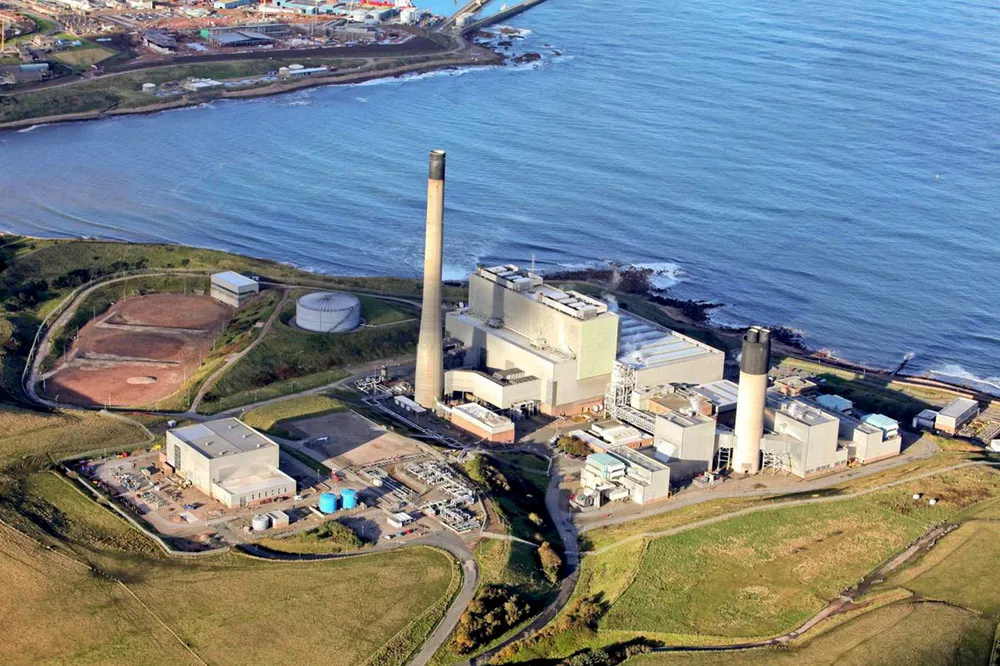Equinor teams up with SSE for Scottish carbon capture and storage project
Pair to develop what could be one of the UK's first CCS power stations, offsetting up to 1.5 million tonnes per annum of CO2

Pair to develop what could be one of the UK's first CCS power stations, offsetting up to 1.5 million tonnes per annum of CO2
